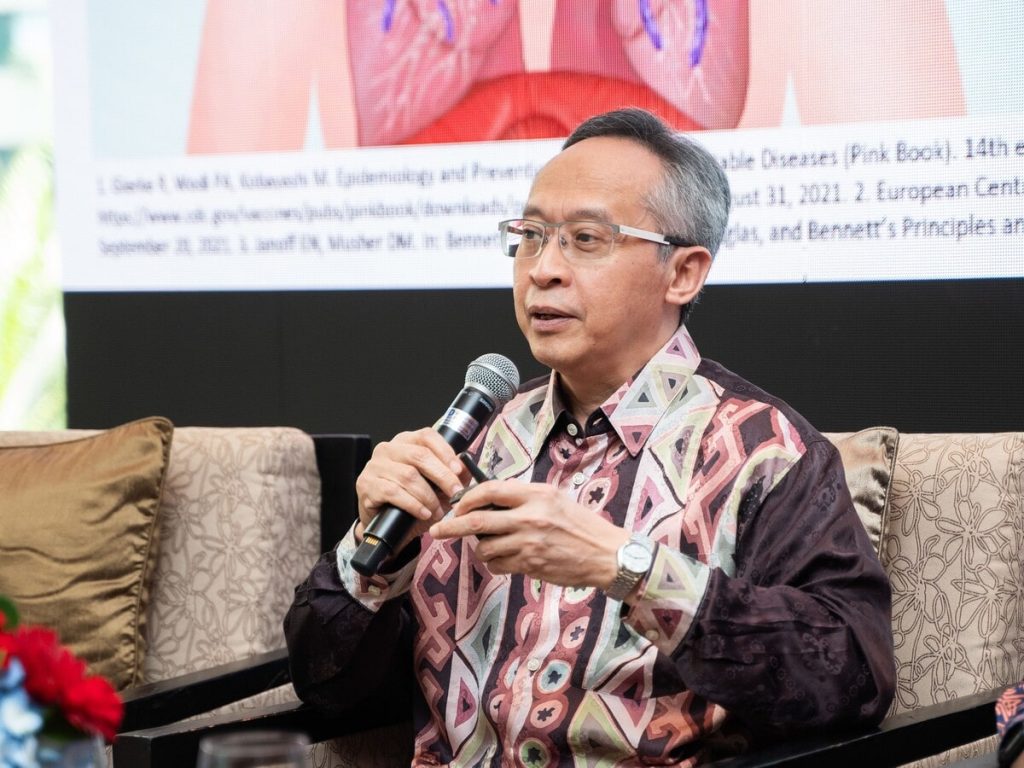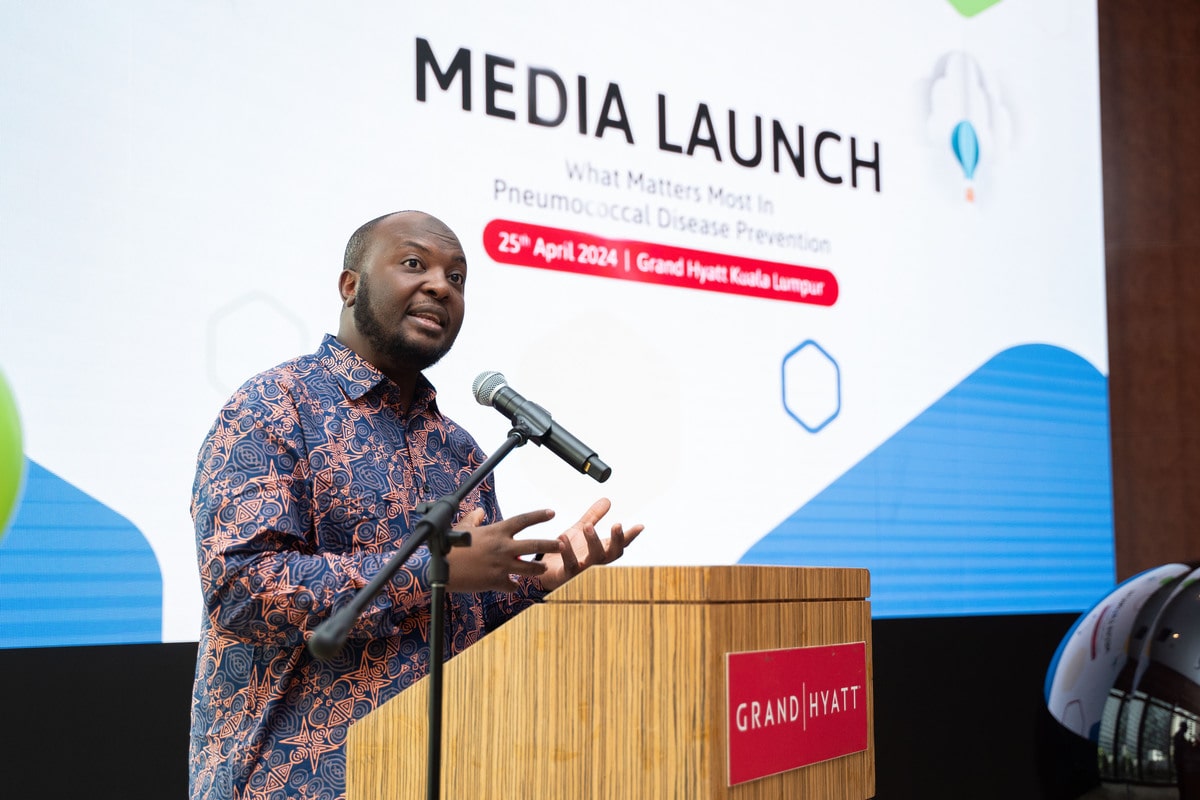KUALA LUMPUR, May 22 — Merck Sharp & Dohme (MSD) has officially launched its latest 15-valent pneumococcal conjugate vaccine, Vaxneuvance, in Malaysia, as a new preventive option to protect paediatric and adult populations against invasive pneumococcal disease.
This newest addition to Malaysia’s authorised pneumococcal vaccines extends its preventive coverage by including two additional serotypes, 22F and 33F, alongside the existing 13 serotypes covered by the previous vaccine (PCV13).
The Drug Control Authority (DCA) approved Vaxneuvance in December last year for infants, children, and adolescents aged six weeks to less than 18 years old, and individuals 18 years and older.
Vaxneuvance first received approval from the US Food and Drug Administration (FDA) in July 2021 for adults 18 years of age and older, and was later approved for vaccination in children 6 weeks through 17 years of age in June 2022.
“The development of Vaxneuvance by MSD involved years of rigorous research and clinical trials across various countries, including Malaysia, which demonstrated the vaccine’s ability to elicit a robust immune response against all 15 serotypes,” said Dr Abdullahi Sheriff, managing director of MSD Singapore, Malaysia, Brunei, at a media launch last April 25.
“MSD is actively working with health care providers and relevant stakeholders to make the vaccine widely available, aligning with its mission to save and improve lives.”
Pneumococcus is a leading cause of various invasive infections across all age groups, including acute otitis media (infection of the middle ear), pneumonia, bacteremia, and meningitis.
In Malaysia, the prevalence of pneumonia in children under five ranges from 28 per cent to 39 per cent, posing a significant threat.
The latest data from the Department of Statistics Malaysia (DOSM) ranks pneumonia as the second leading cause of death, accounting for 13.3 per cent of deaths across all age groups.
Specifically, it is the leading cause of death among children aged under 14 years, constituting four per cent of fatalities in this age group. Additionally, pneumococcal disease contributes to up to 21.7 per cent of community-acquired pneumonia cases in Malaysia.
Pneumococcal vaccination has been included in the National Immunisation Programme (NIP) for children since January 2020. The government has since extended coverage of pneumococcal vaccination for children born in 2018 and 2019.

“As far as children are concerned, we already have the pneumococcal vaccination for children since 2020. The problem is actually getting to the older people,” consultant paediatrician Prof Dr Zulkifli Ismail told a panel discussion at the event.
“There is some effect on older adults from vaccinating children on them – meaning if the children vaccinate, the grandparents also get protected, to a certain extent.”
Dr Zulkifli said vaccination against pneumococcal disease not only saves lives but is also cost effective. He explained that patients with pneumonia, particularly those with fluids in their lungs, often require hospital admission and may spend up to two weeks in the intensive care unit (ICU), incurring an average cost of RM25,000.
NIP vaccinations are provided free-of-charge at all government clinics across the country. They are also available at private clinics for a small fee.
Infectious disease consultant Assoc Prof Dr Petrick Periyasamy said pneumonia patients generally make up the majority of admissions at the Hospital Canselor Tuanku Muhriz UKM.
“For us, we mainly deal with adult patients. Most of the common admissions in our hospital is pneumonia. They are the greatest number that occupy our beds. They can stay up to eight to nine days and many of them end up in the ICU,” Dr Petrick said during the panel discussion.
“As you grow older, your immune system is not as robust as it was when you were 20. Getting pneumonia in your 50s, 60s, 70s, is very bad and you will likely end up in ICU. You are more susceptible to getting pneumonia.
“If you are younger, between 19 and 30 or 40, you are okay. But if you have comorbidities like diabetes or hypertension, you are three times more likely to get pneumonia. If you are immunocompromised – you’ve had transplant or chemotherapy – it is 10 times higher.
“If you are an active smoker with lung disease, your risk is seven times higher of getting pneumonia.
“Maintaining robust immune responses to current PCV serotypes is crucial, while expanding coverage and enhancing immunogenicity for specific serotypes, like serotype 3, is also important.
“Serotype-3 is associated with a significant disease burden in the adult population in Malaysia, causing the highest number of cases of invasive pneumococcal diseases (19.8 per cent) and the second-highest in non-invasive pneumococcal disease (11.11 per cent), it remains a concern among adults. Improving immunogenicity against serotype-3 is a key goal that PCV15 has achieved,” added Dr Petrick.
MSD’s Dr Sheriff said the company will closely cooperate with the government to ensure rapid supply and improved accessibility of its new 15-valent pneumococcal conjugate vaccine, Vaxneuvance.









